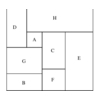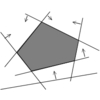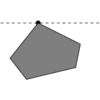1.2.10 Knapsack Problem
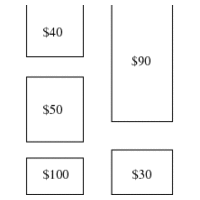

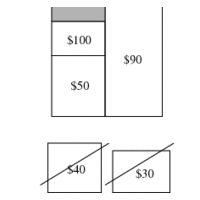
INPUT OUTPUT
Input Description:
A set of items S=\{1,...,n\}, where item i has size s_i
and value v_i.
A knapsack capacity C.
Problem:
Find the subset S' \subset S which maximizes the value
of \sum_{i \in S'} v_i given that \sum_{i \in S'} s_i \leq C,
ie. fits in a knapsack of size C.
Excerpt from
The Algorithm Design Manual:
The knapsack problem arises whenever there is resource allocation with financial constraints. Given a fixed
budget, how do you select what things you should buy. Everything has a cost and value, so we seek the most
value for a given cost. The term knapsack problem invokes the image of the backbacker who is
constrained by a fixed-size knapsack and so must fill it only with the most useful items.
The typical formulation in practice is the 0/1 knapsack problem, where each item must be put
entirely in the knapsack or not included at all. Objects cannot be broken up arbitrarily, so its not fair
taking one can of coke from a six-pack or opening the can to take just a sip. It is this 0/1 property
that makes the knapsack problem hard, for a simple greedy algorithm finds the optimal selection whenever
we are allowed to subdivide objects arbitrarily. For each item, we could compute its ``price per pound'',
and take as much of the most expensive item until we have it all or the knapsack is full. Repeat with the
next most expensive item, until the knapsack is full. Unfortunately, this 0/1 constraint is usually
inherent in most applications.
Recommended Books
Related Problems
This page last modified on 2008-07-10
.
www.algorist.com

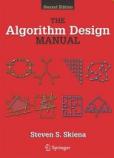



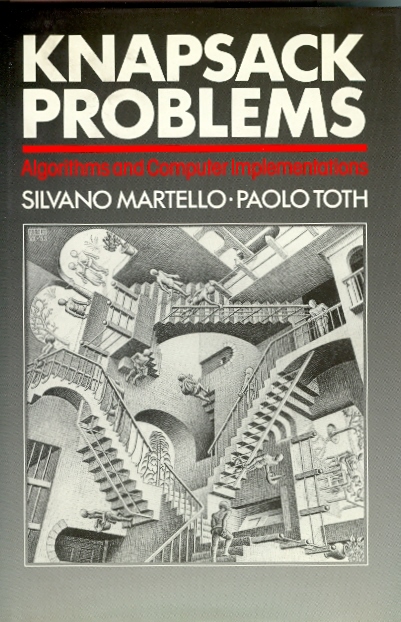 Knapsack Problems : Algorithms and Computer Implementations
Knapsack Problems : Algorithms and Computer Implementations Knapsack Problems
Knapsack Problems Applied Cryptography : Protocols, Algorithms, and Source Code in C
Applied Cryptography : Protocols, Algorithms, and Source Code in C Introduction to Algorithms
Introduction to Algorithms Introduction to Algorithms
Introduction to Algorithms Computer Algorithms
Computer Algorithms Computers and Intractability: A Guide to the Theory of NP-Completeness
Computers and Intractability: A Guide to the Theory of NP-Completeness
